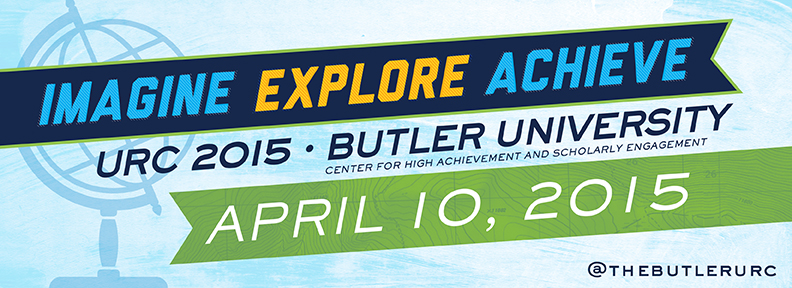
History
Document Type
Oral Presentation
Location
Indianapolis, IN
Start Date
10-4-2015 10:30 AM
End Date
10-4-2015 10:45 AM
Sponsor
Steve Messer (Taylor University)
Description
Significant movements require serious motivations from those involved. During the Civil Rights Movement, those involved in Freedom Summer of 1964 risked their lives and comfort to advance the Movement. Freedom Summer Freedom School teachers had unique motivations; some motivations were shared amongst the teachers, while others were individual. Although it is difficult to fully understand the motivations of Freedom School teachers, this paper identifies three overarching motivations that were shared amongst the teachers: an understanding that African Americans in the South were denied equality in education, the belief that the curriculum of Freedom Schools would address this educational inequality, and the recognition that education has the power to initiate social change. In addition to identifying these overarching motivations, this paper examines three Freedom School teachers, Chude Pam Allen, Gwendolyn Simmon, and Liz Fusco Aaronsohn in order to explain individual motivations for joining the movement. The purpose of this paper is to point out the depth and complexity of overarching and individual motivations and to illustrate the importance of looking at both in order to fully understand the motivations of those who participate in a movement.
Included in
Understanding the Motivations of Freedom Summer Freedom School Teachers
Indianapolis, IN
Significant movements require serious motivations from those involved. During the Civil Rights Movement, those involved in Freedom Summer of 1964 risked their lives and comfort to advance the Movement. Freedom Summer Freedom School teachers had unique motivations; some motivations were shared amongst the teachers, while others were individual. Although it is difficult to fully understand the motivations of Freedom School teachers, this paper identifies three overarching motivations that were shared amongst the teachers: an understanding that African Americans in the South were denied equality in education, the belief that the curriculum of Freedom Schools would address this educational inequality, and the recognition that education has the power to initiate social change. In addition to identifying these overarching motivations, this paper examines three Freedom School teachers, Chude Pam Allen, Gwendolyn Simmon, and Liz Fusco Aaronsohn in order to explain individual motivations for joining the movement. The purpose of this paper is to point out the depth and complexity of overarching and individual motivations and to illustrate the importance of looking at both in order to fully understand the motivations of those who participate in a movement.
